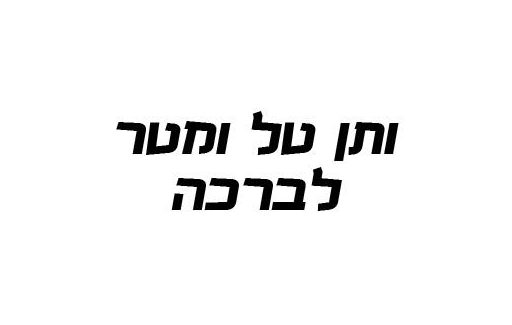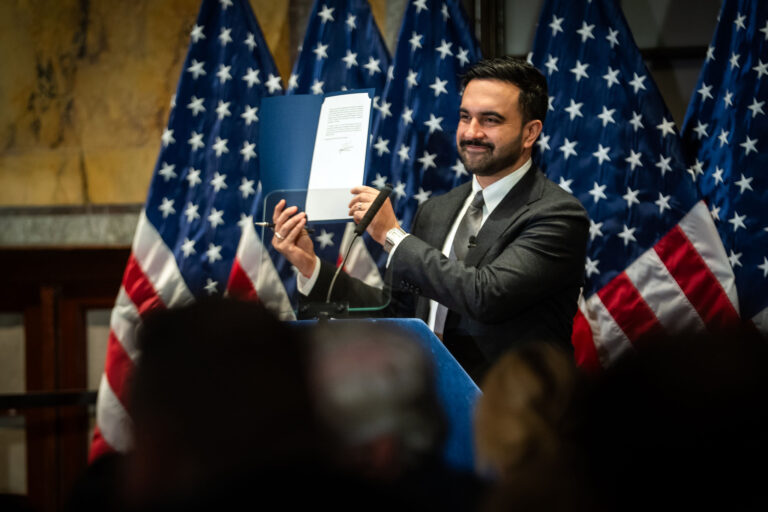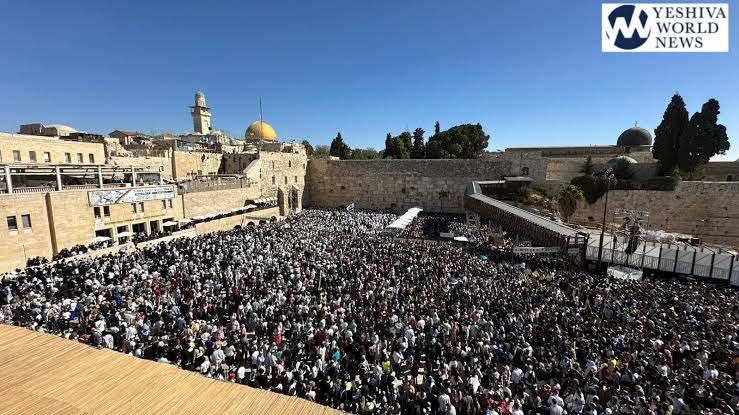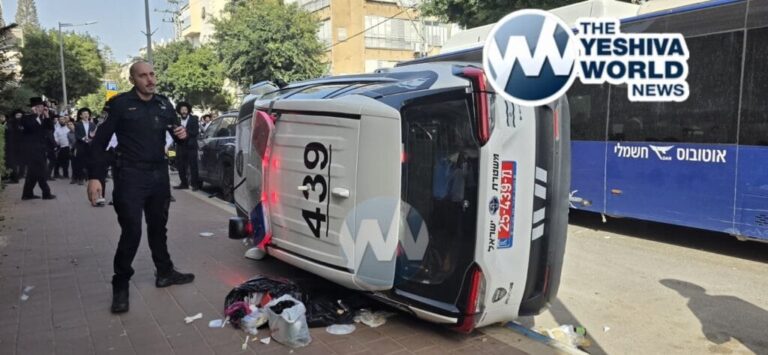Whereas in chutz la’aretz we do not recite vesein tal umatar in the weekday shemoneh esrei until the beginning of December (the exact date varies upon the particular year), people in Eretz Yisroel begin reciting this on the Seventh of Marcheshvan, Monday night in maariv.
This difference in practice leads to many interesting shaylos. One, which is discussed in an article that is posted on the website of prominent Jerusalem posek for the American chareidi tzibur, Rabbi Yirmiyohu Kaganoff Shlita, concerns someone who is traveling during this time period from Eretz Yisroel to chutz la’aretz or vice versa.
There is halachic discussion regarding the question whether the two passages that we recite in the shemoneh esrei, mashiv haruach umorid hagashem and vesein tal umatar, should be recited according to local conditions.
(YWN Israel Desk – Jerusalem)












One Response
I have been in this situation several times over these past few years. Clearly, when in Israel, be it if already there on marCheshvon 7th or as soon as one arrives in Israel thereafter, one immediately request veSein Tal uMotor in Birkas haShonim, because not doing so, would be heartless, when Israel so desperately requires rain. Once someone has already commenced requesting veSein Tal uMotor, there is a Halocho of “Ein Mafsikin” don’t discontinue, so even upon coming back to Diaspora, continue requesting veSein Tal uMotor. This “Ein Mafsikin” is why we continue requesting even during last 2 weeks before Pesach, despite Olei leRegel, albeit we wait 2 weeks after Shemini Atzeres.